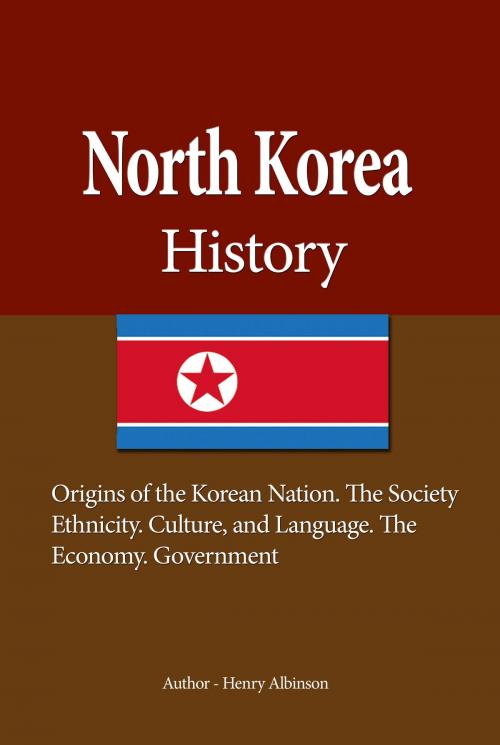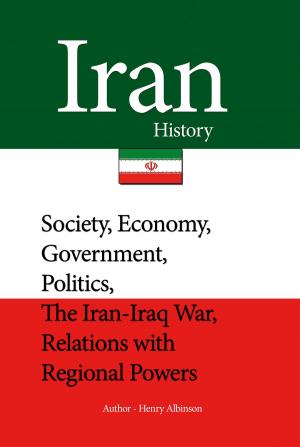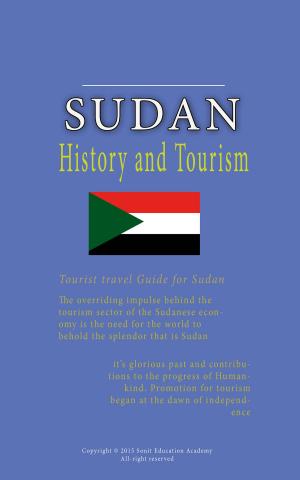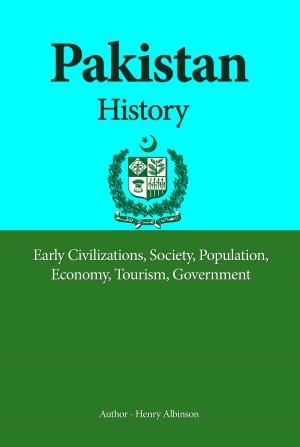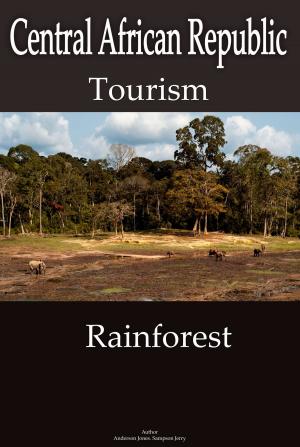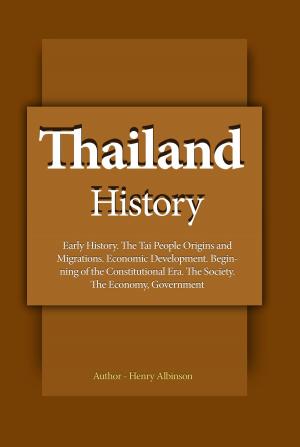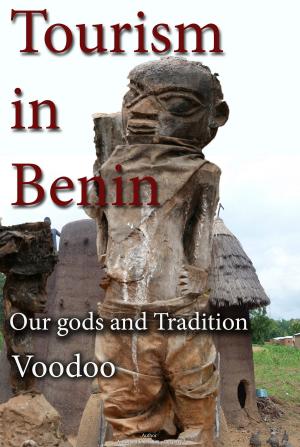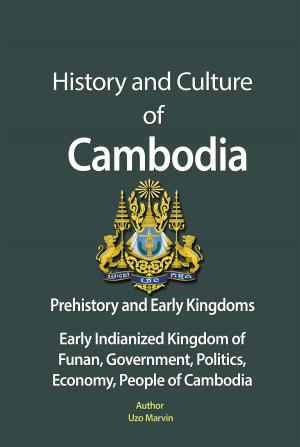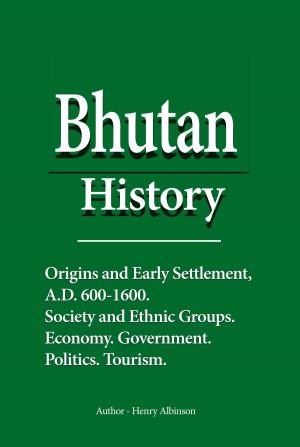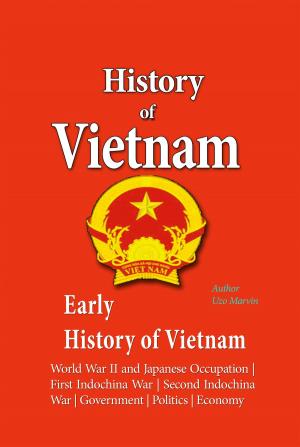North Korea History
Nonfiction, History, Asian, Southeast Asia, Fiction & Literature, Action Suspense| Author: | Henry Albinson | ISBN: | 9781310959059 |
| Publisher: | Sonit Education Academy | Publication: | June 25, 2016 |
| Imprint: | Smashwords Edition | Language: | English |
| Author: | Henry Albinson |
| ISBN: | 9781310959059 |
| Publisher: | Sonit Education Academy |
| Publication: | June 25, 2016 |
| Imprint: | Smashwords Edition |
| Language: | English |
North Korea History book, the existence of North Korea, and their origin, North Korea Society, North Korea Ethnicity, North Korea Culture, and Language, North Korea Economy, North Korea Government, North Korea Foreign Policy.
PRIOR TO THE NATIONAL DIVISION of the Korean Peninsula in 1945, Korea was home to a people with a unitary existence, ethnic and linguistic homogeneity, and a historic bond of exclusionism towards outsiders--a result of its history of invasion, influence, and fighting over its territory by larger and more powerful neighbors. This legacy continues to influence the contemporary Democratic People's Republic of Korea (DPRK, or North Korea).
There are other parallels between Korea's past and present day North Korea. The traditions of Confucianism and a bureaucracy administered from the top-down and from the center continue to hold sway. Further, just as there was relative stability for more than two millennia on the Korean Peninsula, there has been relative stability in North Korea since Kim Il Sung came to power in 1946. As Confucian doctrine perpetuated the authority of the family system and the importance of education, so too were these elements paramount in Kim Il Sung's North Korea. Politics remain personalistic, and Kim has surrounded himself with a core of revolutionary leaders (now aging), whose loyalty dates back to their days of guerrilla resistance against the Japanese in Manchuria. Kim's chuch'e ideology also has its roots in the self-reliant philosophy of the Hermit Kingdom (as Korea was called by Westerners), and Korea's history of exclusionism also held particular appeal to a people emerging from the period of Japanese colonial domination (1910-45).
North Korea History book, the existence of North Korea, and their origin, North Korea Society, North Korea Ethnicity, North Korea Culture, and Language, North Korea Economy, North Korea Government, North Korea Foreign Policy.
PRIOR TO THE NATIONAL DIVISION of the Korean Peninsula in 1945, Korea was home to a people with a unitary existence, ethnic and linguistic homogeneity, and a historic bond of exclusionism towards outsiders--a result of its history of invasion, influence, and fighting over its territory by larger and more powerful neighbors. This legacy continues to influence the contemporary Democratic People's Republic of Korea (DPRK, or North Korea).
There are other parallels between Korea's past and present day North Korea. The traditions of Confucianism and a bureaucracy administered from the top-down and from the center continue to hold sway. Further, just as there was relative stability for more than two millennia on the Korean Peninsula, there has been relative stability in North Korea since Kim Il Sung came to power in 1946. As Confucian doctrine perpetuated the authority of the family system and the importance of education, so too were these elements paramount in Kim Il Sung's North Korea. Politics remain personalistic, and Kim has surrounded himself with a core of revolutionary leaders (now aging), whose loyalty dates back to their days of guerrilla resistance against the Japanese in Manchuria. Kim's chuch'e ideology also has its roots in the self-reliant philosophy of the Hermit Kingdom (as Korea was called by Westerners), and Korea's history of exclusionism also held particular appeal to a people emerging from the period of Japanese colonial domination (1910-45).
